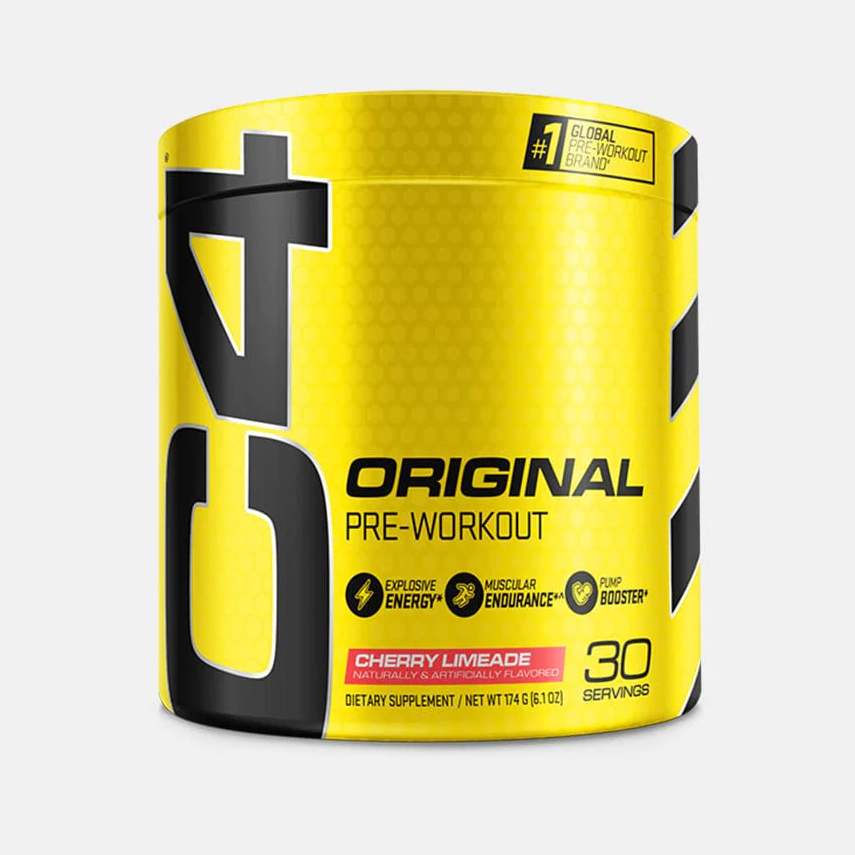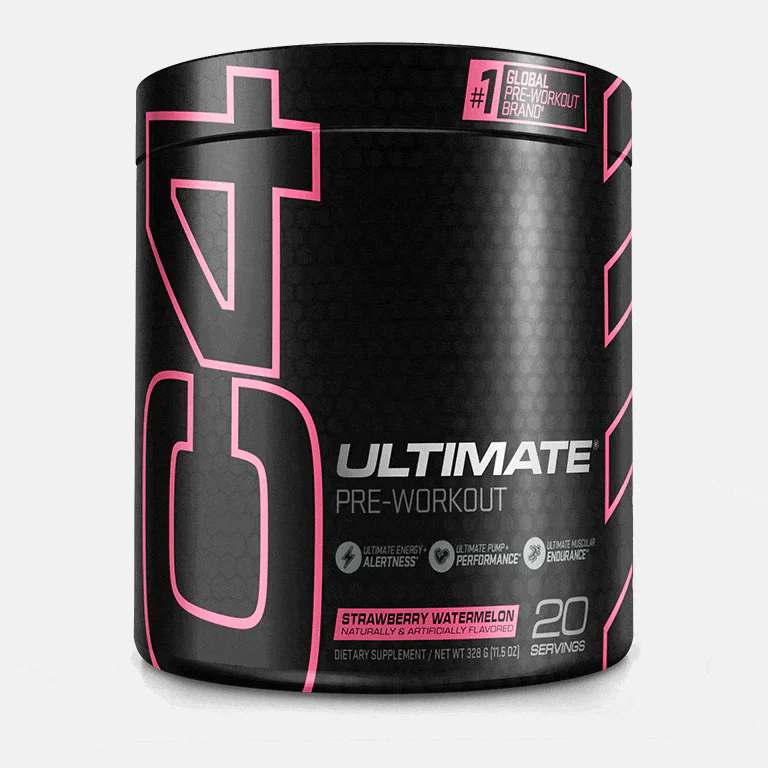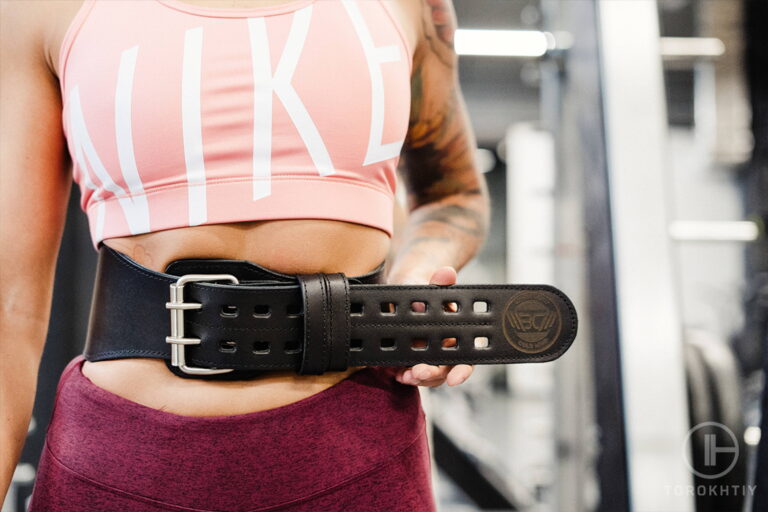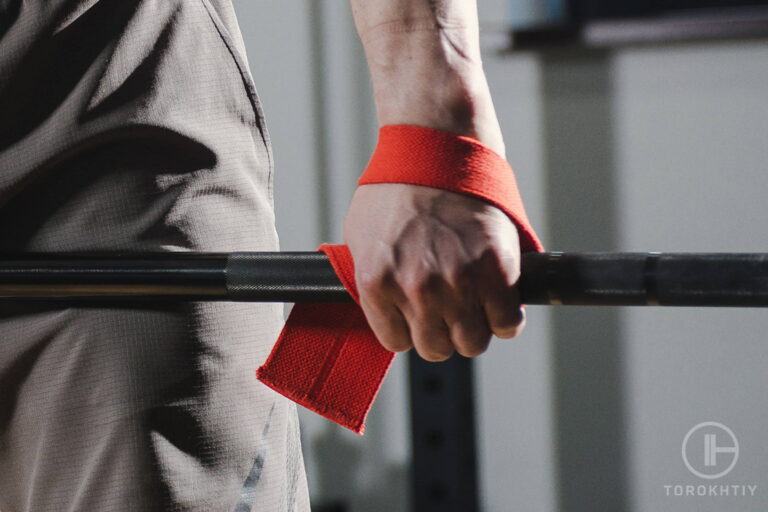What to Look for in a Pre Workout?
When we choose to work out, we expect good results. One of the factors involved in getting the best results / performance level is the pre workout we choose. But, what to look for in a pre workout? We are going to talk about the main ingredients it should have, as choosing a good pre-workout helps us not only maximize performance, but also contributes to building muscle mass, increasing strength and even fat loss.
What to look for in a pre workout? Key ingredients include caffeine, beta-alanine, and creatine, while additional ingredients include citrulline and betaine. The second key factor is the dosage of ingredients that have been shown to be effective in trials.
What Makes a Good Pre Workout? 5 Main Ingredients You Should Look for
When choosing your pre-workout it is important taking into account your goals and what type and mode of exercise you do. Good pre workout must contain ingredients that will help you getting the best from your training sessions:
- Caffeine;
- Beta-Alanine;
- Creatine;
- Betaine;
- L-Citrulline / Citrulline Malate.
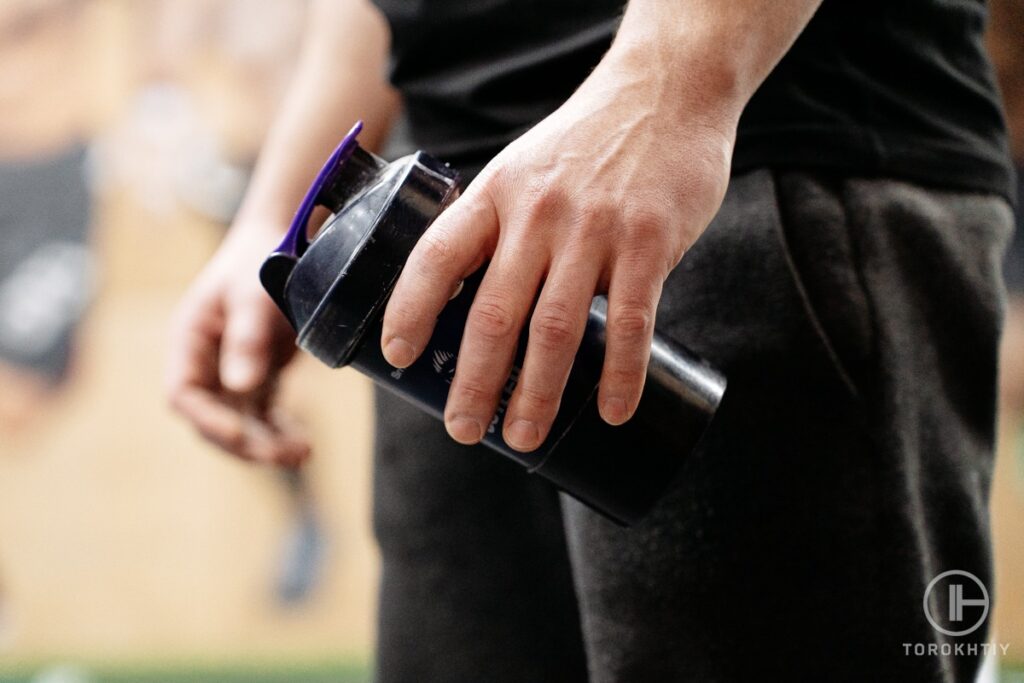
1. Caffeine
What makes a good pre workout is caffeine as the primary active ingredient with acute effects. Caffeine stimulates the central nervous system, improves athletic performance, reduces the perception of fatigue during training, and improves attention.
The required dosage is 3-6 mg per 1 kg of body weight. However, the minimum effective dose can be as low as 1.5-2 mg per 1 kg of body weight, so if you have never taken a pre-workout before, it is better to start with this dosage.
When choosing a pre-workout, pay special attention to your reaction to caffeine. Do not follow the principle “the bigger the dose, the better”. Start with the lowest dose and increase it very gradually, monitoring how you feel during your workouts.
2. Beta-Alanine
Beta-Alanine is a non-proteinogenic amino acid that is used by our bodies to produce carnosine, which reduces muscle acidity and fatigue during high-intensity exercises. The best effect of beta-alanine is achieved when exercises lasting 1-4 minutes. For example, when we train in the medium or high repetition range during strength training.
Although beta-alanine is one of the most common components of pre-workouts, it is not necessary to take it right before the workout due to its cumulative effect. However, if it is included in the pre-workout, then its dose must be taken into account in the total daily amount. The effective daily dose of beta-alanine is approximately 3.2-6.4 g (taken for at least 4 weeks), and the maintenance dose (after increasing muscle carnosine levels) is 1.2 g per day.
If you have never taken beta-alanine, consider one harmless, but uncomfortable side effect – tingling in the face, neck, and back of hands. It is especially manifested when taking a single dose in the amount of more than 1-1.6 g.
3. Creatine
Creatine is produced in our body (mainly by the liver, but also by the kidneys and pancreas) from amino acids. It acts as a donor for the rapid recovery of ATP, which is a key energy carrier for high-intensity anaerobic training with maximum effort.
Creatine monohydrate is considered the most studied sports supplement in terms of increasing high-intensity exercise capacity, strength and lean body mass. It also helps reduce fatigue during intense exercise, increase training volume and enhance recovery.
Just like beta-alanine, creatine has chronic effect, so it is not necessary to take it right before training. However, its dose must also be taken into account. The daily requirement of creatine in the form of a supplement is 3-5 grams (up to 10 grams if you have a lot of muscle mass).
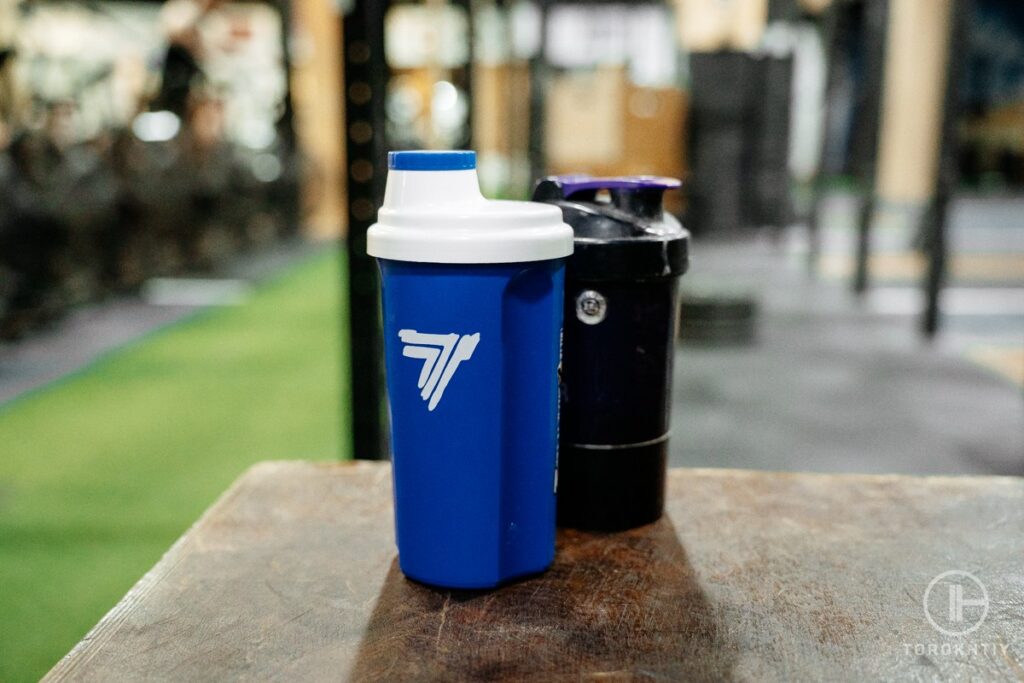
4. Betaine
It is a derivative of the amino acid glycine and an active metabolite of the vitamin choline. Betaine is found in foods, most of it in wheat bran and wheat germ, as well as in spinach.
Betaine increases the biosynthesis of creatine, and also the level of nitric oxide in the blood, helps to increase the number of repetitions in the exercise before the onset of fatigue, and total training volume. Such effects have been demonstrated in some but not all trials, so we can consider betaine’s effectiveness as potential.
To obtain the needed effects, betaine should be taken approximately 40-60 minutes before training, and the required single dose is 1.25-2.5 g. However, it is better for a single dose to contain 2.5 grams, since splitting it into 1.25 grams may not yield the same results (and we do not take a pre-workout twice a day).
5. Citrulline
Citrulline is a non-essential amino acid that can be found in significant amounts in watermelon. This amino acid is known for its ability to increase levels of nitric oxide and increase blood flow during exercise, and thus may improve performance in the gym when used continuously. Also, thanks to citrulline, we can feel an additional pumping effect (strength training itself, especially in the medium and high repetition range provides this effect).
The pre-workouts contain citrulline in the form of L-Citrulline or Citrulline Malate. The minimum effective dose at which we can count on an effect is 3 g for L-Citrulline or 6 g for Citrulline Malate. It is worth knowing that a one-time intake of citrulline may not give anything, you need to take it continuously for at least 7 days.
Pre-workouts may contain a large number of other ingredients, including arginine, BCAAs, isolated amino acids (most commonly tyrosine and taurine), carnitine, as well as nootropics and other ingredients. However, these components do not have substantial scientific support.
Also, many pre-workout supplements contain vitamin C, some B vitamins, and some minerals. With a deficiency of vitamins and minerals in the diet, they can contribute to improving athletic performance. However, there is no evidence that taking them in supplement form has an effect if you get enough of them from diet.
Tips for Choosing a Pre-workout
What to look for in a pre workout beside its ingredients? There are few other factors you should take into account:
- Daily supplement dosing;
- Dosing and individual response to caffeine;
- Timing of taking pre-workout.
1. Daily Supplement Dosing
When choosing a pre-workout, consider the supplements you take in isolation. For example, if you take creatine monohydrate on its own and it’s also in your pre-workout, you should add the creatine from the pre-workout to the creatine you’re taking on its own to get your total daily needs.

2. Dosing and Individual Response to Caffeine
Pay special attention to the dosage of caffeine in pre-workout and how much caffeine you ingest during your day. One cup of coffee contains approximately 80-100 mg of caffeine, and according to the FDA, healthy adults can safely consume 400 mg of caffeine per day.
Consider your individual response to caffeine, as even 100 mg per day may cause problems for some people. If negative side effects occur with even a small dose of caffeine, a caffeine-free pre-workout is best for you.
3. Timing of Taking Pre-Workout
Given the ingredients with an immediate effect (caffeine, citrulline and betaine), pre-workouts are best taken in the range of 30-40 minutes before training. In this case, we can count on the effect of caffeine from the very beginning, and the effects of betaine and citrulline may be maximally manifested in the first half of the training and will be maintained throughout your workout. Thus, by taking pre-workout supplements 30-40 minutes before exercise, we can expect maximum effects from each ingredient.
On the other hand, if among all the ingredients with an immediate effect, the pre-workout contains only caffeine (without betaine and citrulline), you can take it even closer to your workout, since caffeine is absorbed very quickly and can give effects already 15 minutes after taking (although this is individual).
In general, you can make your own tuning regarding the timing of taking the pre-workout, depending on how you feel during training. It is possible that changes of 15-20 minutes will make a noticeable difference for you.
Products We Recommend
If you are choosing your first pre-workout, we recommend C4® Original from Cellucor. This world bestseller is great for beginners, as well as for women and men of small build (weighing 50-55 kg), and for those who want a relatively mild stimulating effect from a relatively low dose of caffeine – 150mg per serving. It also contains 1 g of creatine, 1.6 g of beta-alanine, several B vitamins and vitamin C. In terms of the price-to-ingredients ratio, this product is perfect!
For experienced athletes with good caffeine metabolism, we recommend C4® Ultimate, which contains 300 mg of caffeine, 3.2 g of beta-alanine and 2 grams of creatine, as well as the required (effective) dose of citrulline. You can expect a strong stimulating effect and an enhanced pumping, but consider a large single dose of beta-alanine. If you don’t mind the tingling sensation (some athletes even love the feeling), this is the pre-workout you need!
FAQ
What is the Most Important Ingredient in a Pre-workout?
Since most of us are looking for stimulation, an extra energy boost and improved overall training performance, caffeine is a key science-based ingredient.
How do You Know if a Pre-workout is Safe?
Consider the total amount of caffeine you consume from caffeinated beverages (coffee, tea, etc.), as well as your pre-workout caffeine dosage. Do not exceed the safe dose of 400 mg from all sources. Also consider individual sensitivity to caffeine, as even 100 mg may be too much for some.
Another key factor is certification from a third party, for example, from NSF International or Informed Choice. Such products are tested for the presence of prohibited substances, as well as permissible levels of heavy metals.
Conclusion
A pre-workout can give you an energy boost, improve your athletic performance and give you more focus. Pay attention to the ingredients that have demonstrated effects in trials, as well as their dosage. Pay special attention to caffeine dosage, consider the harmless tingle from beta-alanine, and choose products from reputable brands. Ideally, the pre-workout should be tested for safety by an independent organization.
What do you look for in a pre workout? Leave your comments below!
Also read:
- Best Functional Fitness Pre Workout
- Best Pre Workout for Focus
- Best Pre Workout With Bcaa
- Best Pre Workouts Without Beta Alanine
- Does Pre Workout Make You Gain Weight
- Does Pre Workout Break a Fast
- Bcaa vs Pre Workout
- Best Pre Workout for Muscle Gain
- Best Nitric Oxide Pre Workout
References:
- Multi-ingredient pre-workout supplements, safety implications, and performance outcomes // Journal of the International Society of Sports Nutrition: https://jissn.biomedcentral.com/articles/10.1186/s12970-018-0247-6
- Сaffeine and exercise performance // Journal of the International Society of Sports Nutrition: https://www.tandfonline.com/doi/full/10.1186/s12970-020-00383-4
- Nutrition Recommendations for Bodybuilders in the Off-Season: A Narrative Review // Sports (Basel): https://www.ncbi.nlm.nih.gov/pmc/articles/PMC6680710/
- Effects of Betaine Supplementation on Muscle Strength and Power: A Systematic Review // Ahmed Ismaeel : https://pubmed.ncbi.nlm.nih.gov/28426517/
- Spilling the Beans: How Much Caffeine is Too Much? // FDA: https://www.fda.gov/consumers/consumer-updates/spilling-beans-how-much-caffeine-too-much
- How Long Does it Take for Caffeine to Wear Off? // Rob Newsom: https://www.sleepfoundation.org/nutrition/how-long-does-it-take-caffeine-to-wear-off
Why Trust Us?
With over 20 years in Olympic Weightlifting, our team does its best to provide the audience with ultimate support and meet the needs and requirements of advanced athletes and professional lifters, as well as people who strive to open new opportunities and develop their physical capabilities with us.
By trusting the recommendations of our certified experts in coaching, nutrition, dietology, and sports training programming, as well as scientific consultants, and physiotherapists, we provide you with thorough, well-considered, and scientifically proven content. All the information given in the articles concerning workout programming, separate exercises, and athletic performance, in general, is based on verified data. We ensure that you can rely on our professionals’ pieces of advice and recommendations that can be treated as personalized ones which will benefit you and fully meet your needs.
The product testing process is described in more detail here
Author: Oleksandr Maksymenko
Certified Sports Nutritionist,
MSc Sports Dietetics
Specializing in: Weight management, Fitness / Sports nutrition
Oleksandr is a professional fitness nutritionist certified by the Fitness Professional Association (FPA). He follows the principles of evidence-based dietetics and fosters a healthy relationship with food in his clients, ensuring there are no strict prohibitions on their favorite foods or frequent lapses. His primary goal is not only to achieve results for you but also to sustain them over the long term, all while enjoying tasty and delicious food.

